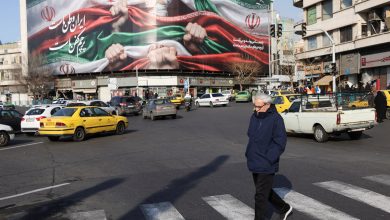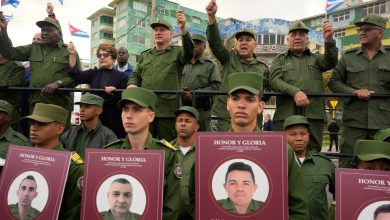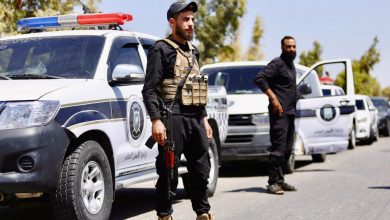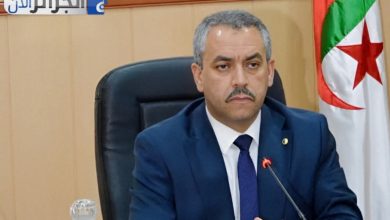RABAT – Moroccan political and human rights organizations have voiced serious concerns regarding the arrests of young people in connection with protests that took place across Morocco in late September. Testimonies from defense lawyers and families of the detainees paint a troubling picture, alleging arbitrary arrests and inconsistencies in official records.
According to sources, numerous individuals with no apparent connection to the demonstrations were swept up in the arrests. Abu Bakr Al-Wanakhari, a leader within the Justice and Charity movement, expressed deep dismay at the accounts he has heard, particularly concerning the alleged fabrication of evidence and manipulation of arrest reports. He asserted that the reported issues raise serious questions about due process and respect for the law.
“These testimonies cannot be dismissed as isolated incidents,” Al-Wanakhari stated. “They depict a worrying regression to security practices that Moroccans believed they had overcome.” He criticized the government’s response, arguing that instead of addressing the root causes of youth frustration and dissent, authorities have resorted to heavy-handed security measures that stifle free expression.
Al-Wanakhari called for the immediate release of all detainees, emphasizing that their freedom is not merely a matter of compassion, but a legal and ethical imperative. “There can be no stability without justice, and no justice without freedom,” he declared.
The Moroccan Association for Human Rights has also expressed profound concern and strong condemnation regarding recent court rulings. In a statement, the association highlighted the case of four young men from Zayo sentenced to five years in prison for their alleged involvement in youth movement protests. The organization argued that such harsh sentences represent a setback for young Moroccans seeking to express their aspirations and legitimate demands.
The association further noted the defense team’s argument regarding the lack of concrete evidence against the accused. According to the defense, video recordings presented by the prosecution do not place the young men at the protest sites, but rather confirm their absence. Despite this, the court rendered a guilty verdict, raising further questions about the fairness of the proceedings.




